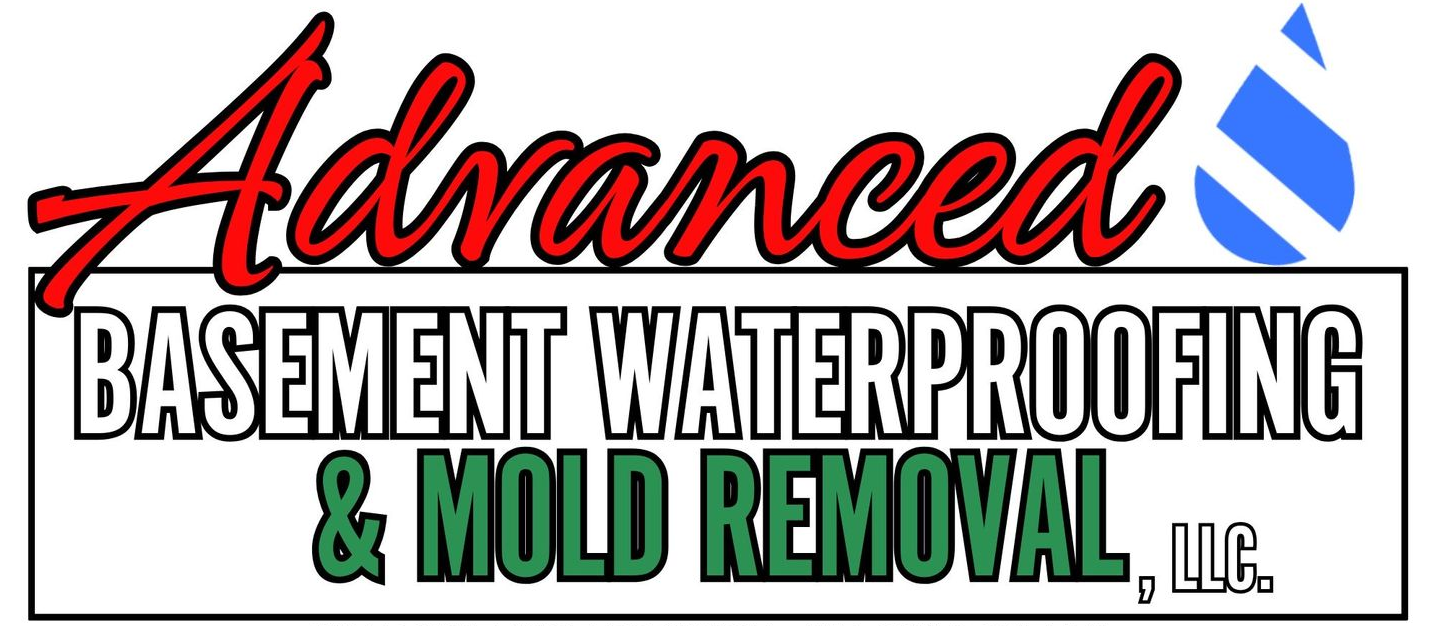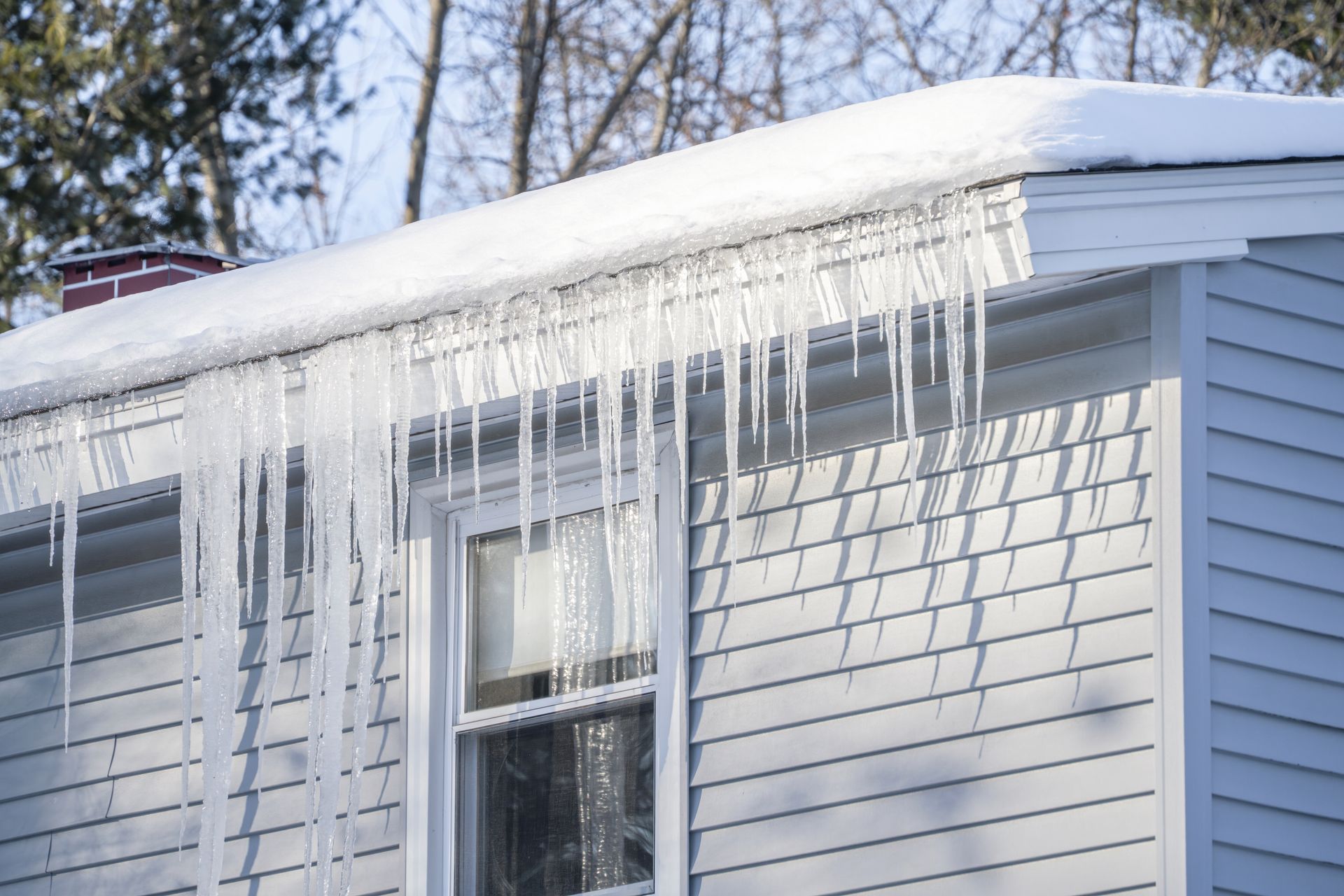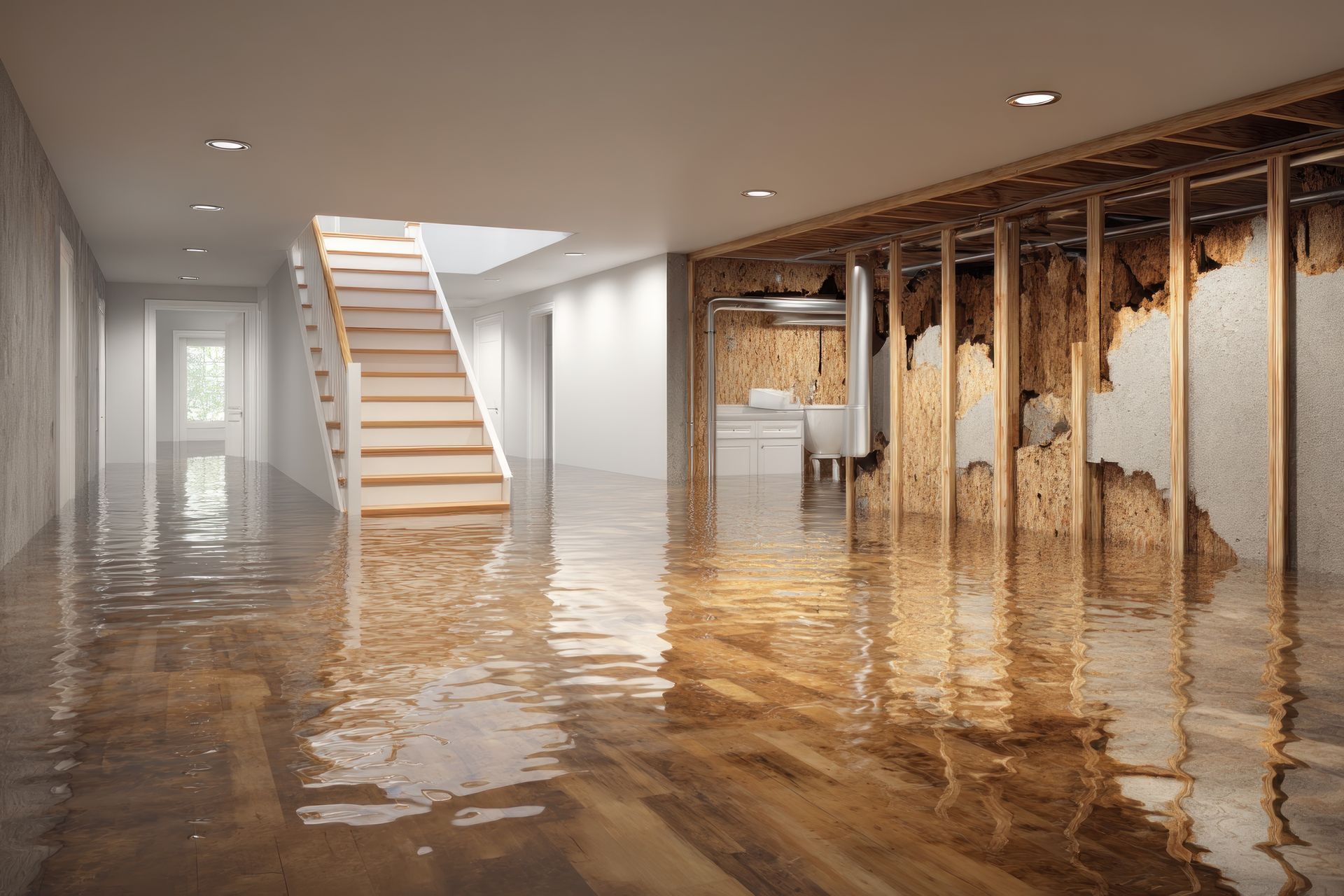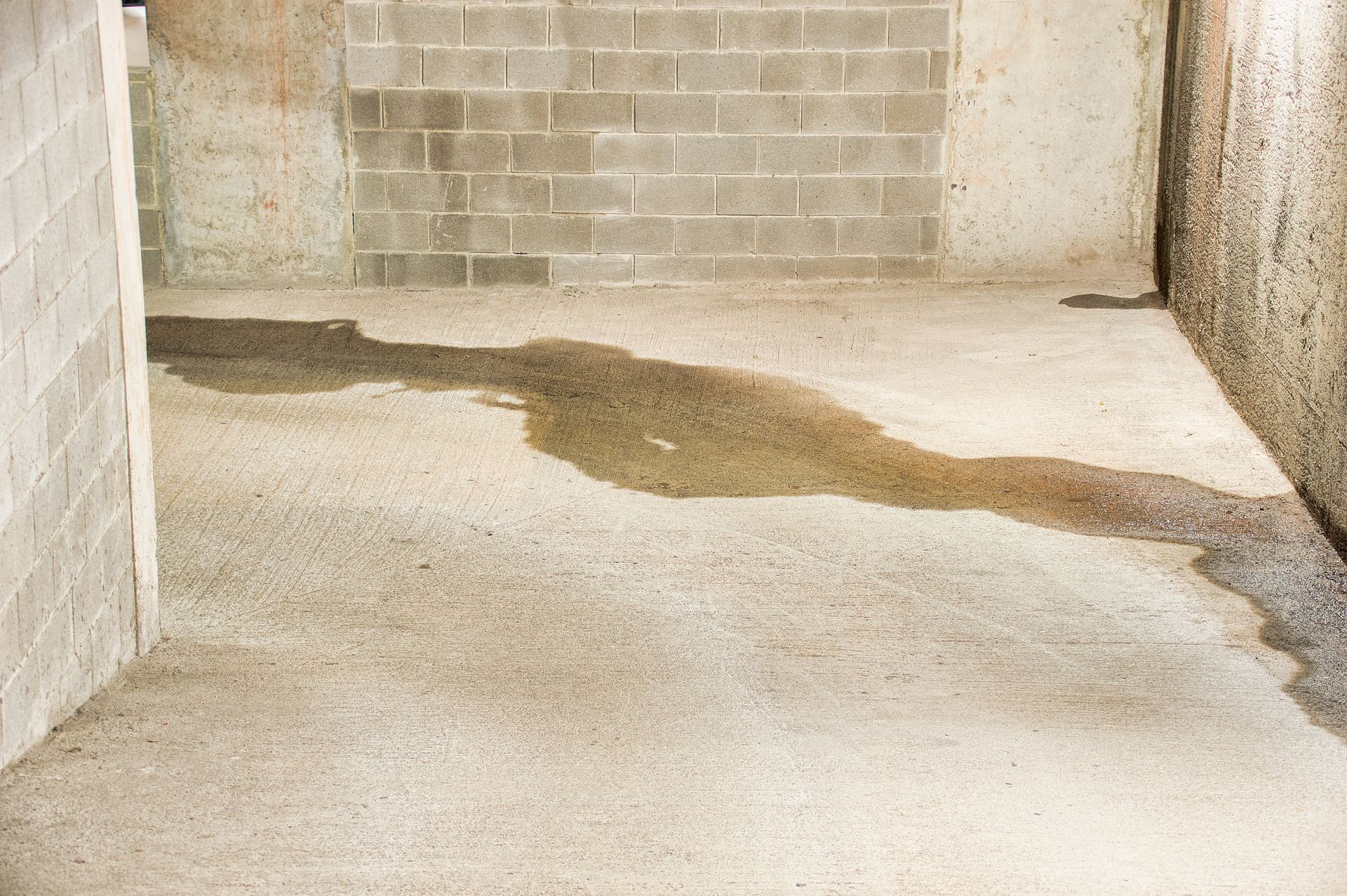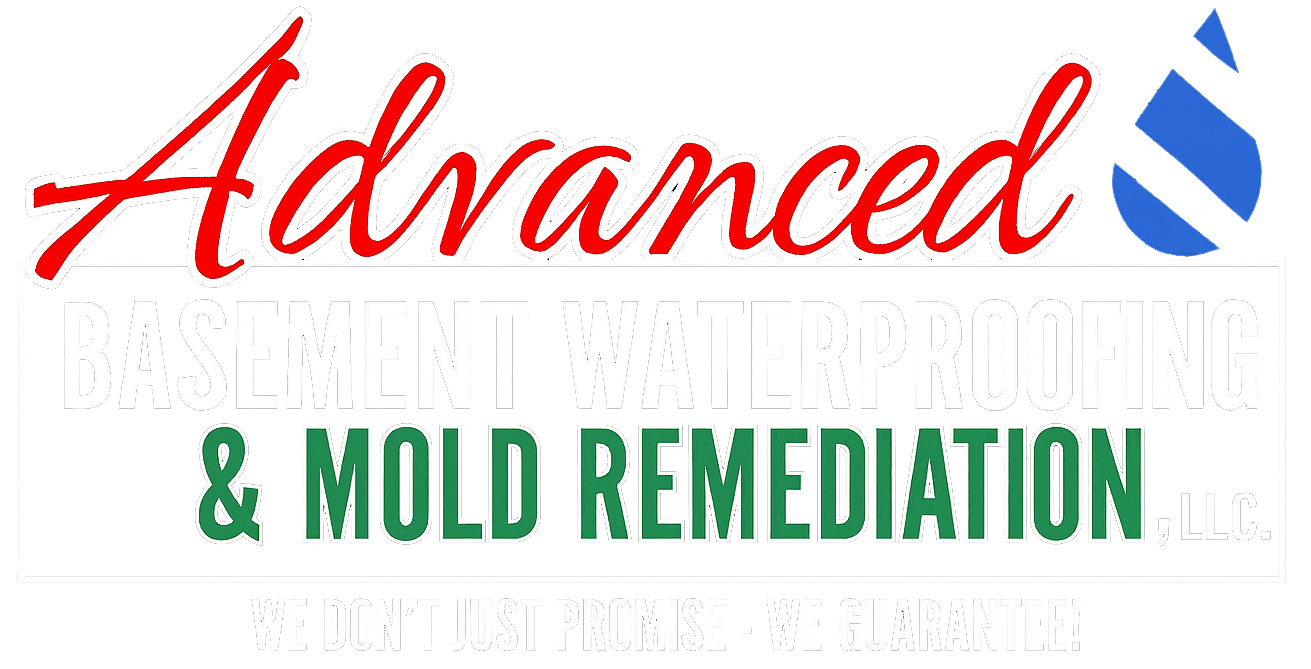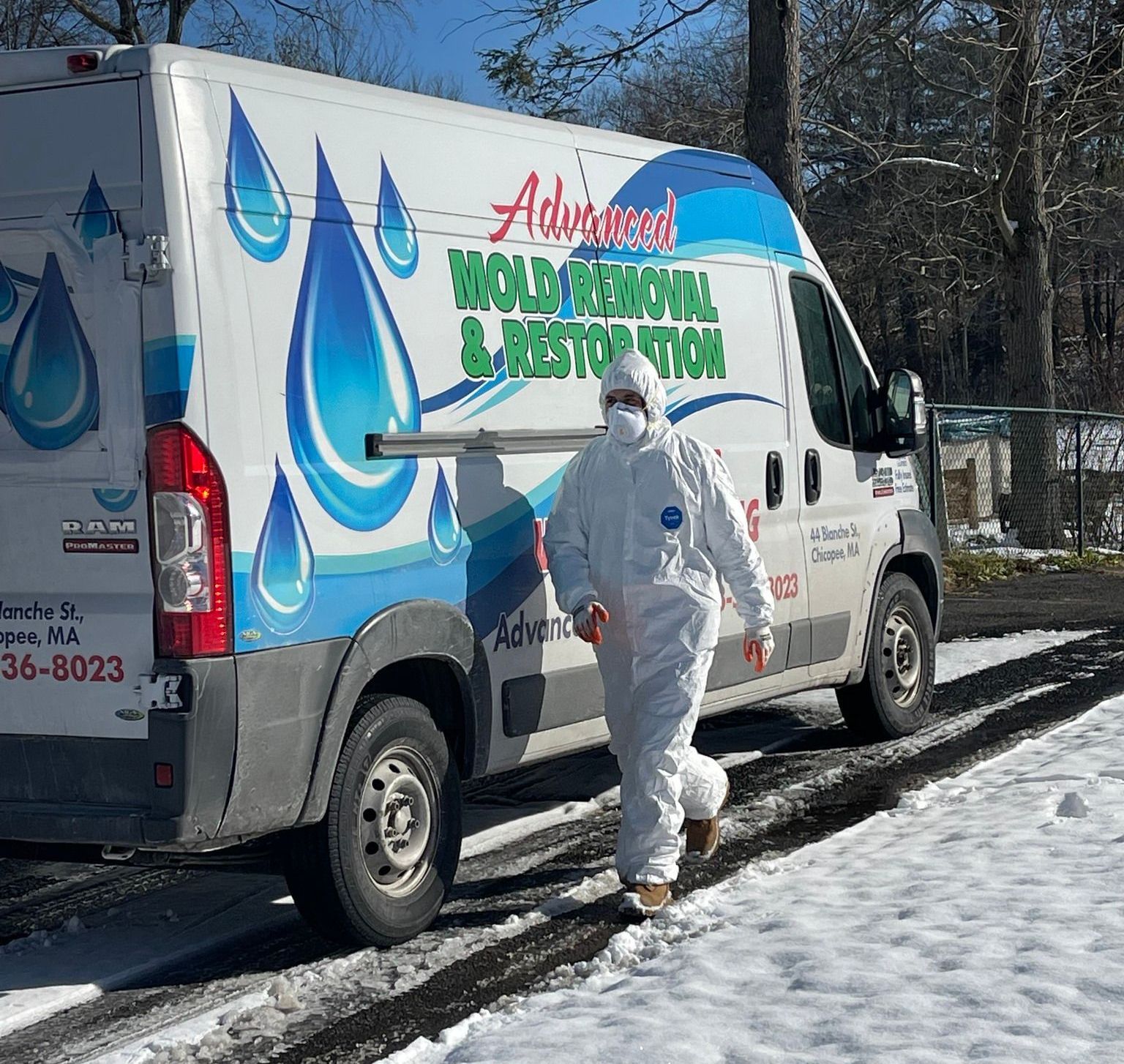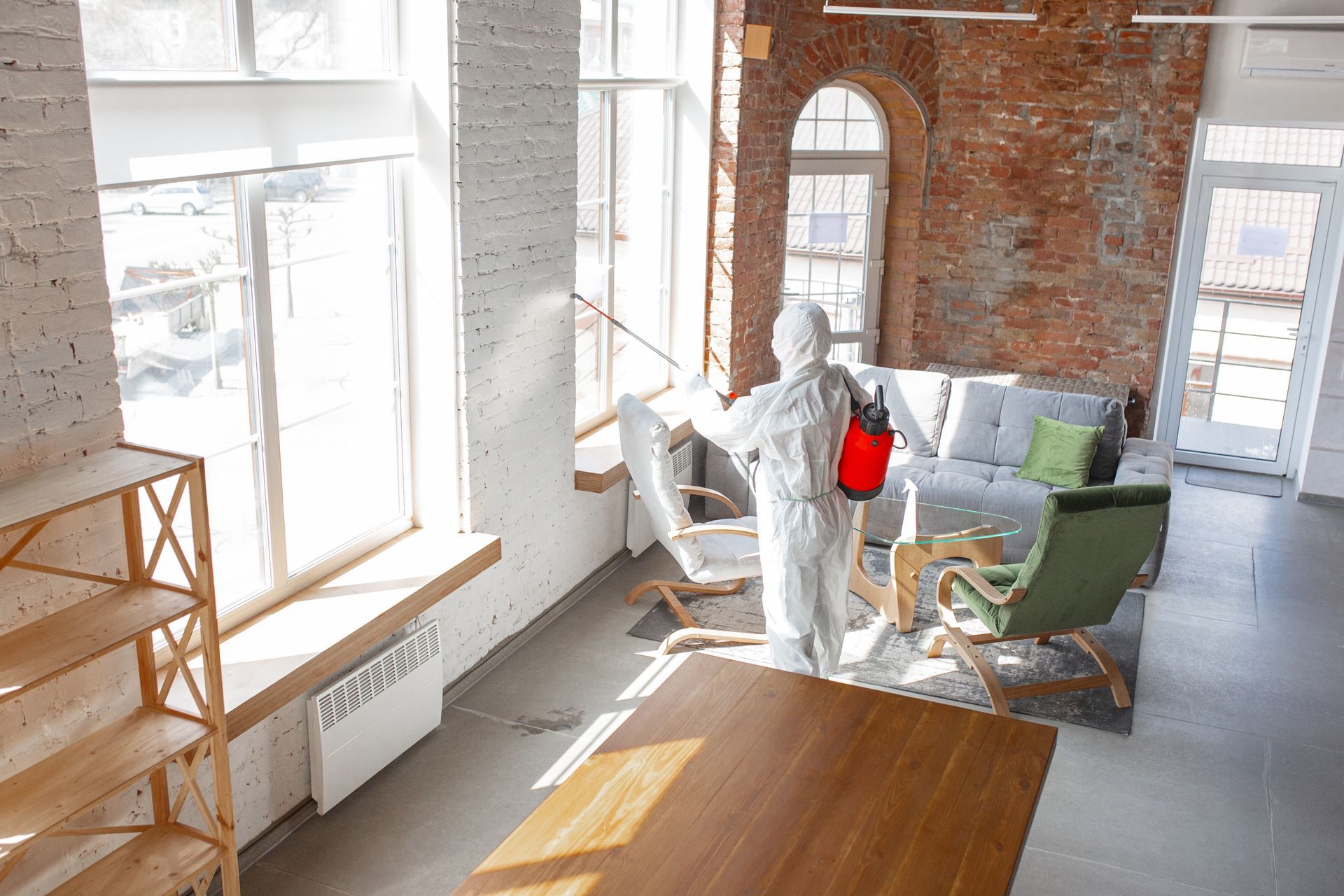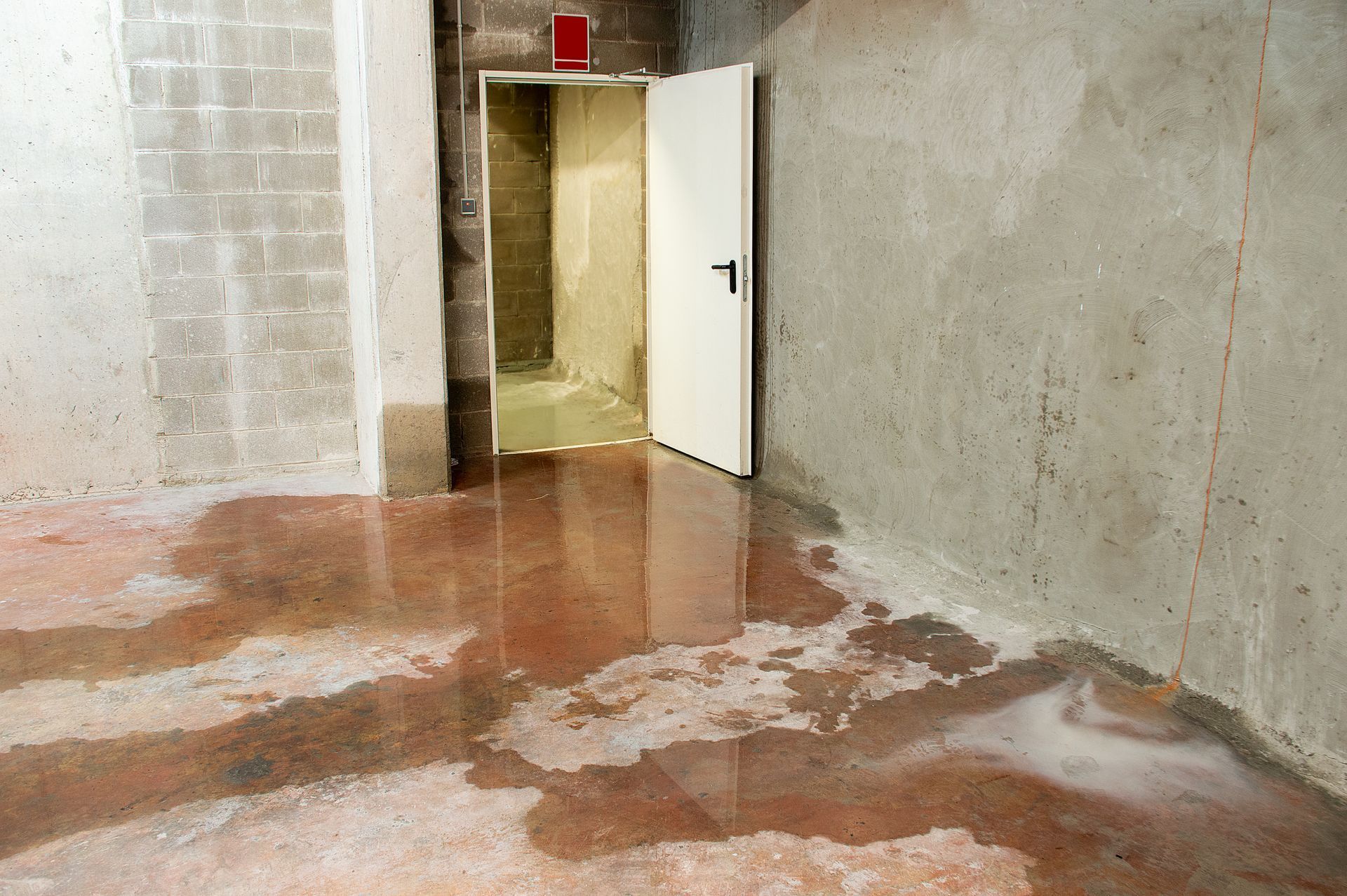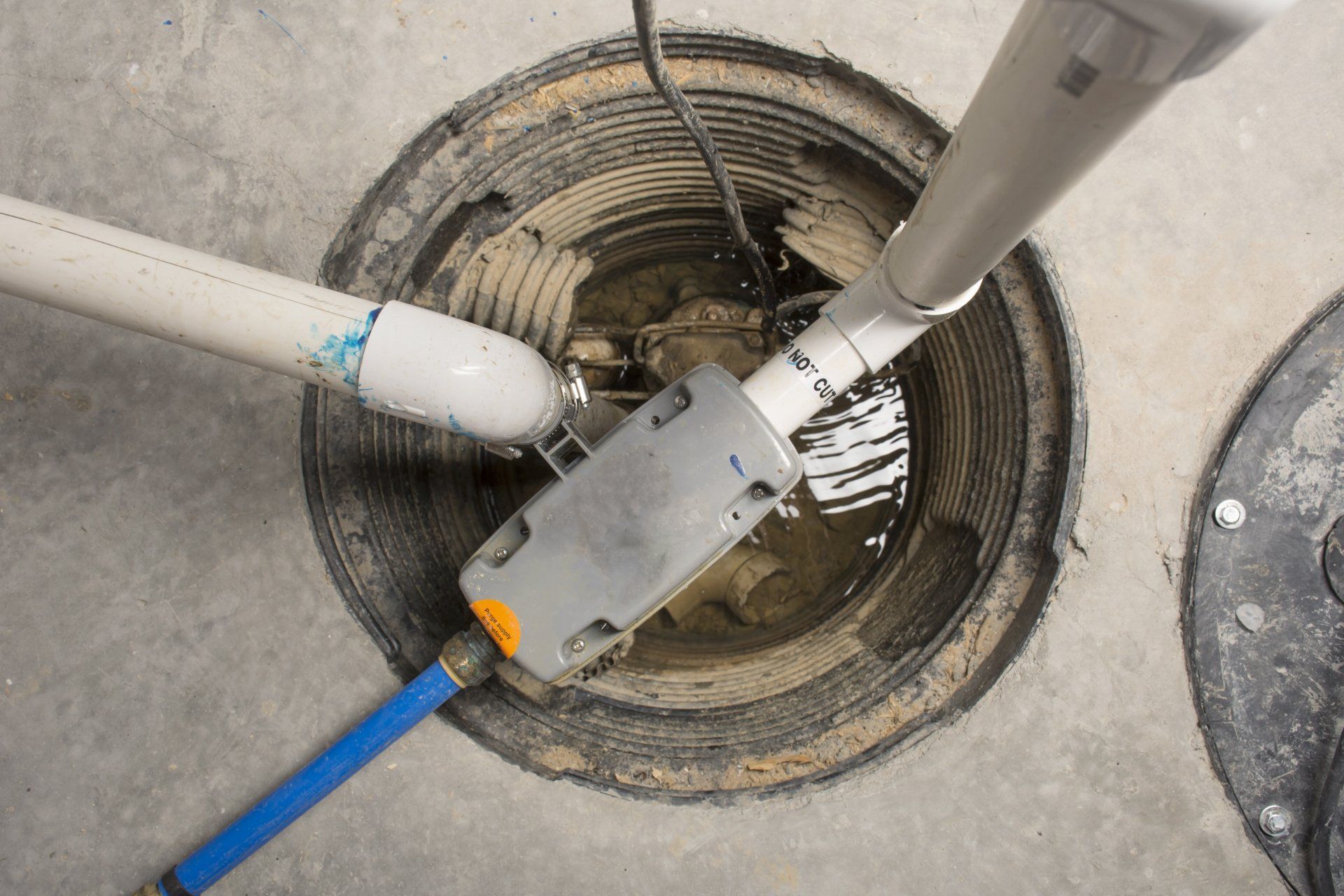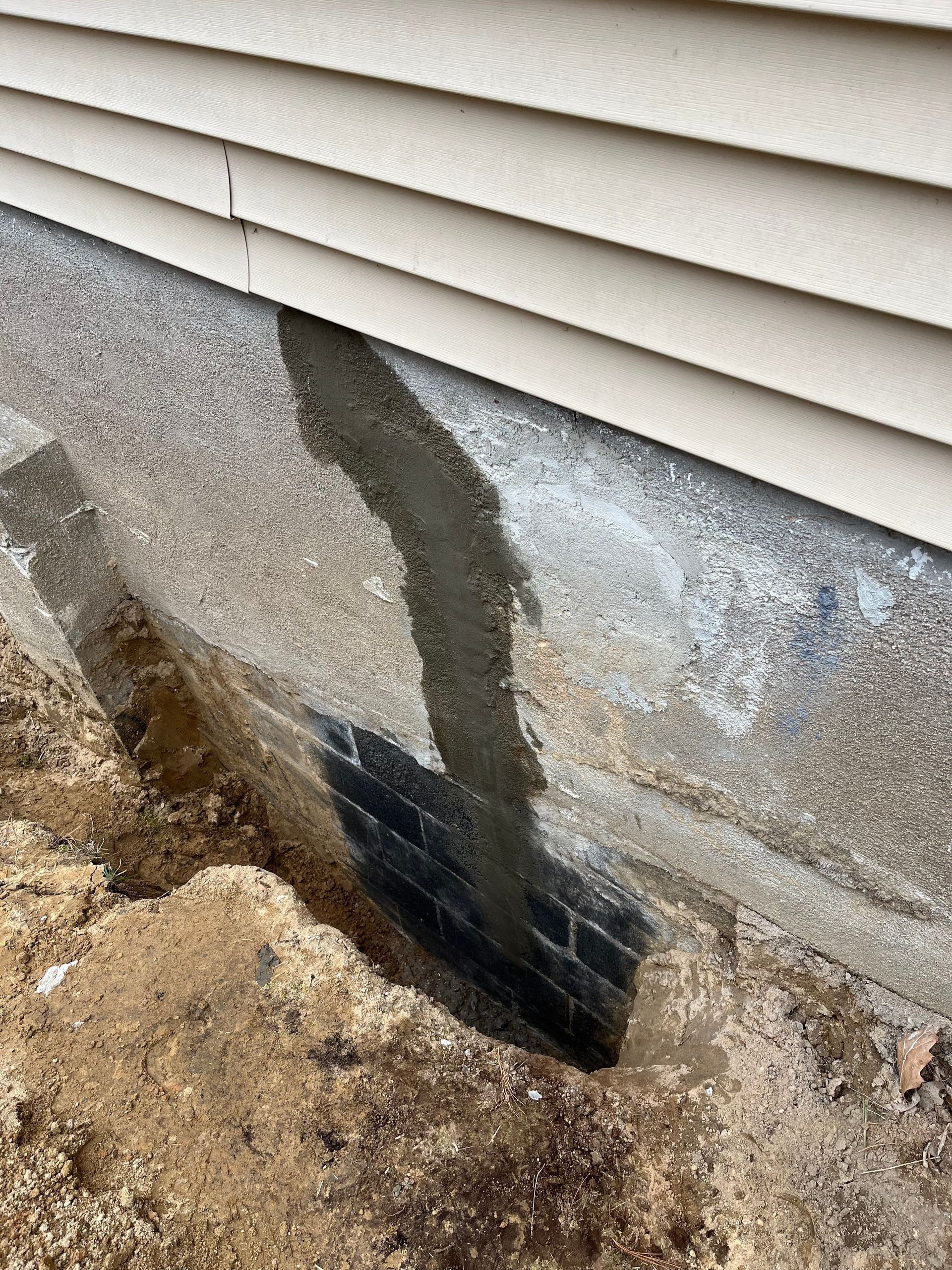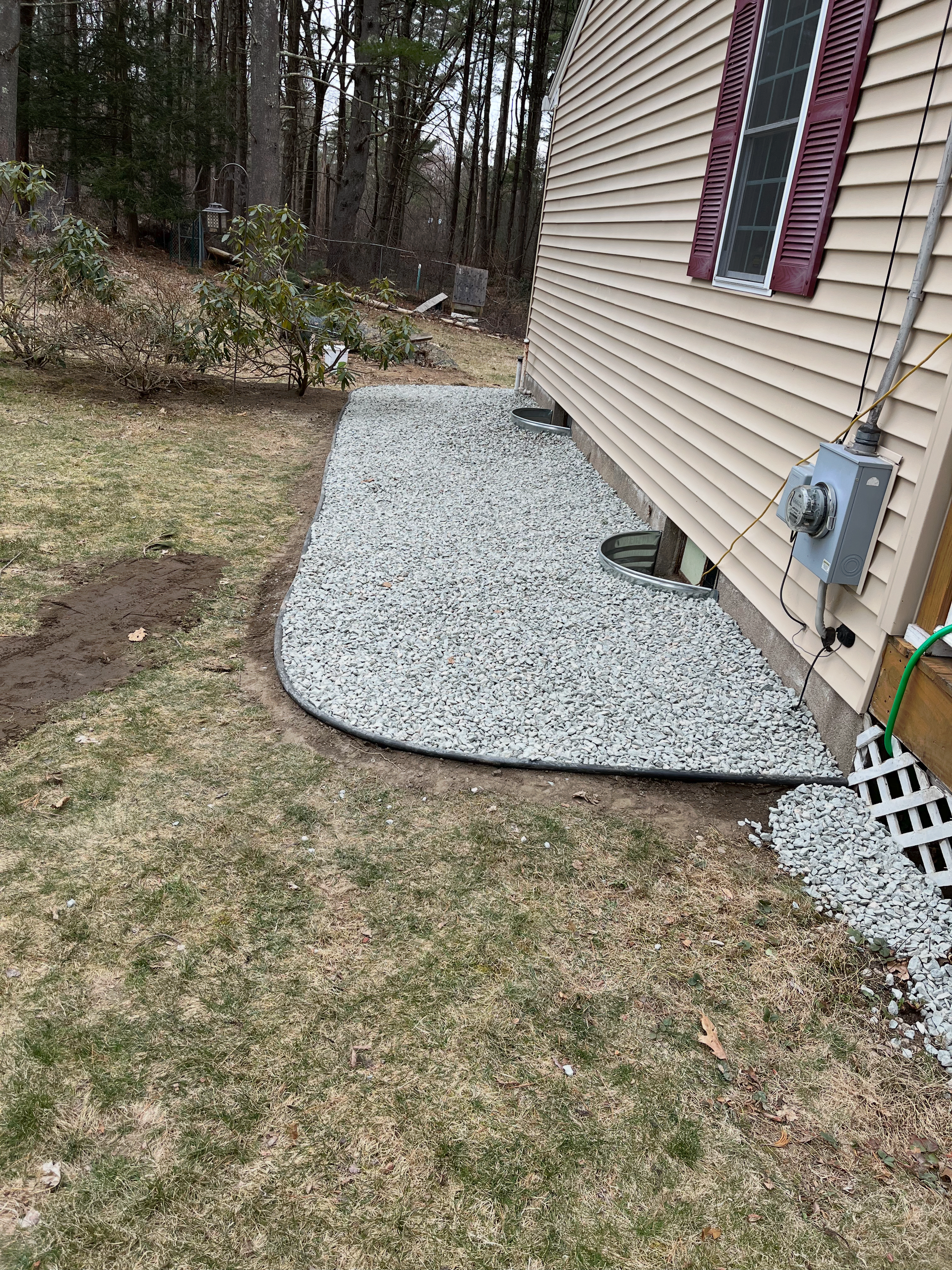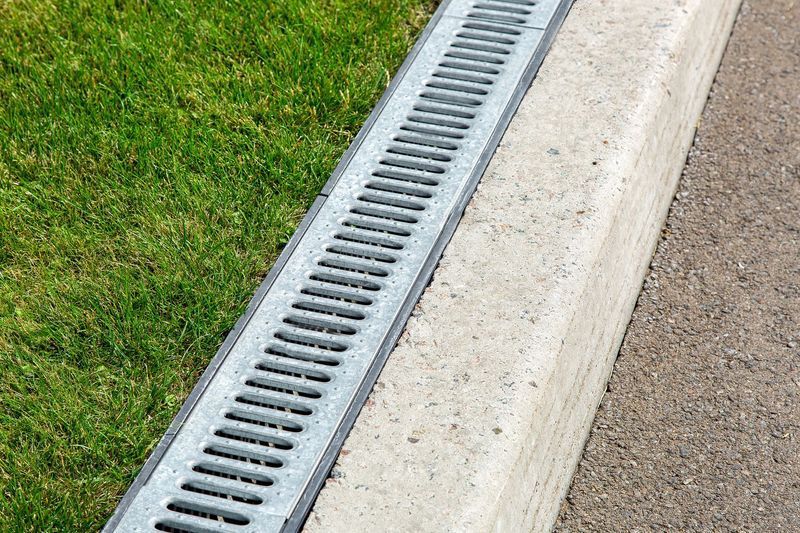All About French Drains: What You Need to Know
By Advanced Basement Waterproofing • June 27, 2025
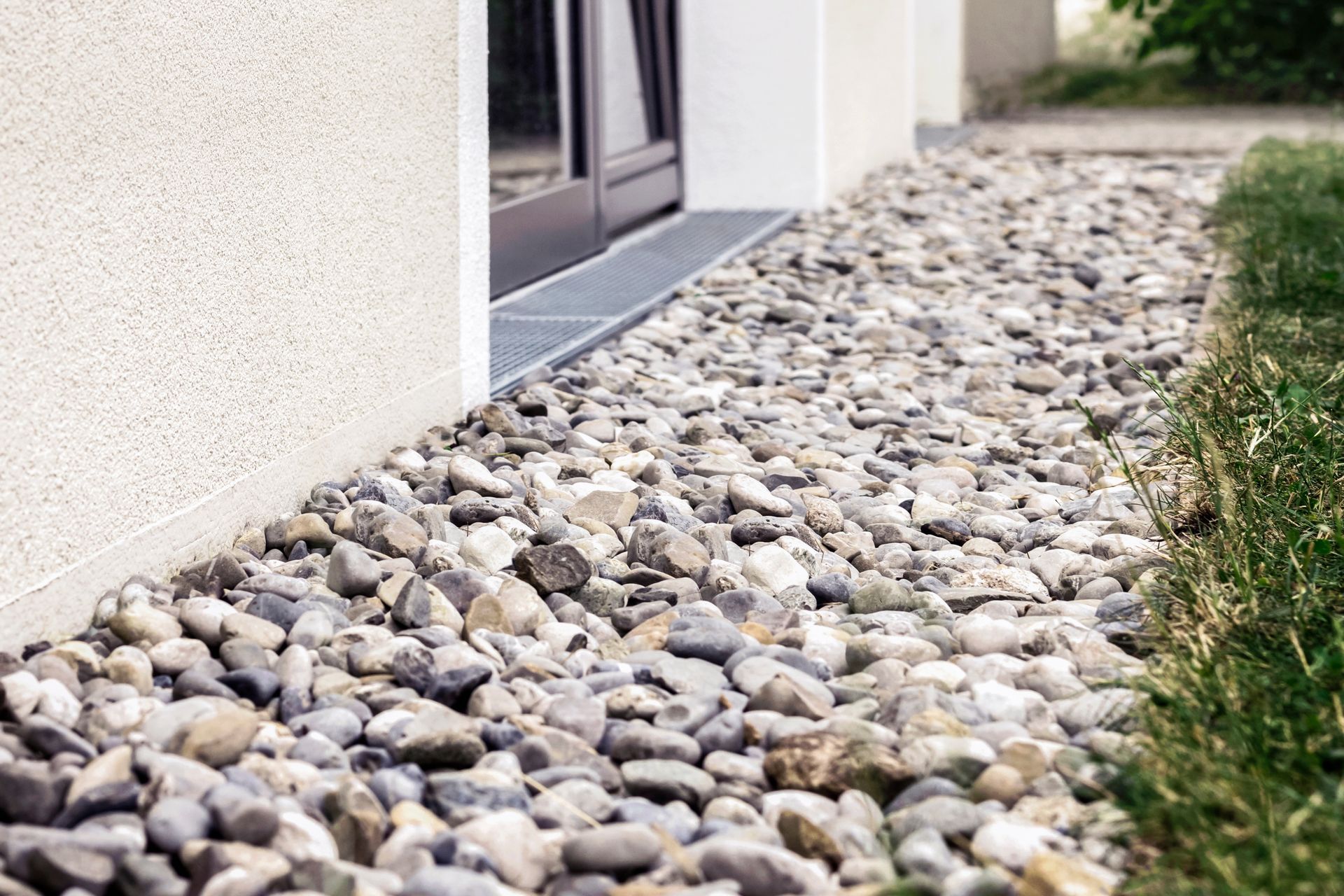
If you’re dealing with water pooling around your basement, French drains might be just what you need. These clever systems redirect water away from your foundation, helping to keep your basement dry and your home safe. In this article, we’ll break down what French drains are, how they work, and why they could be the perfect solution for you. Our goal is to give you clear, straightforward info so you can feel confident about tackling basement waterproofing.
So, how do French drains work? They’re pretty simple: a combination of perforated pipes and gravel captures water and channels it away from your home. It’s an effective, no-nonsense design that homeowners and businesses have trusted for years to keep water under control. Whether you’re dealing with occasional leaks or serious flooding concerns, a French drain could be the answer.
How French Drains Work
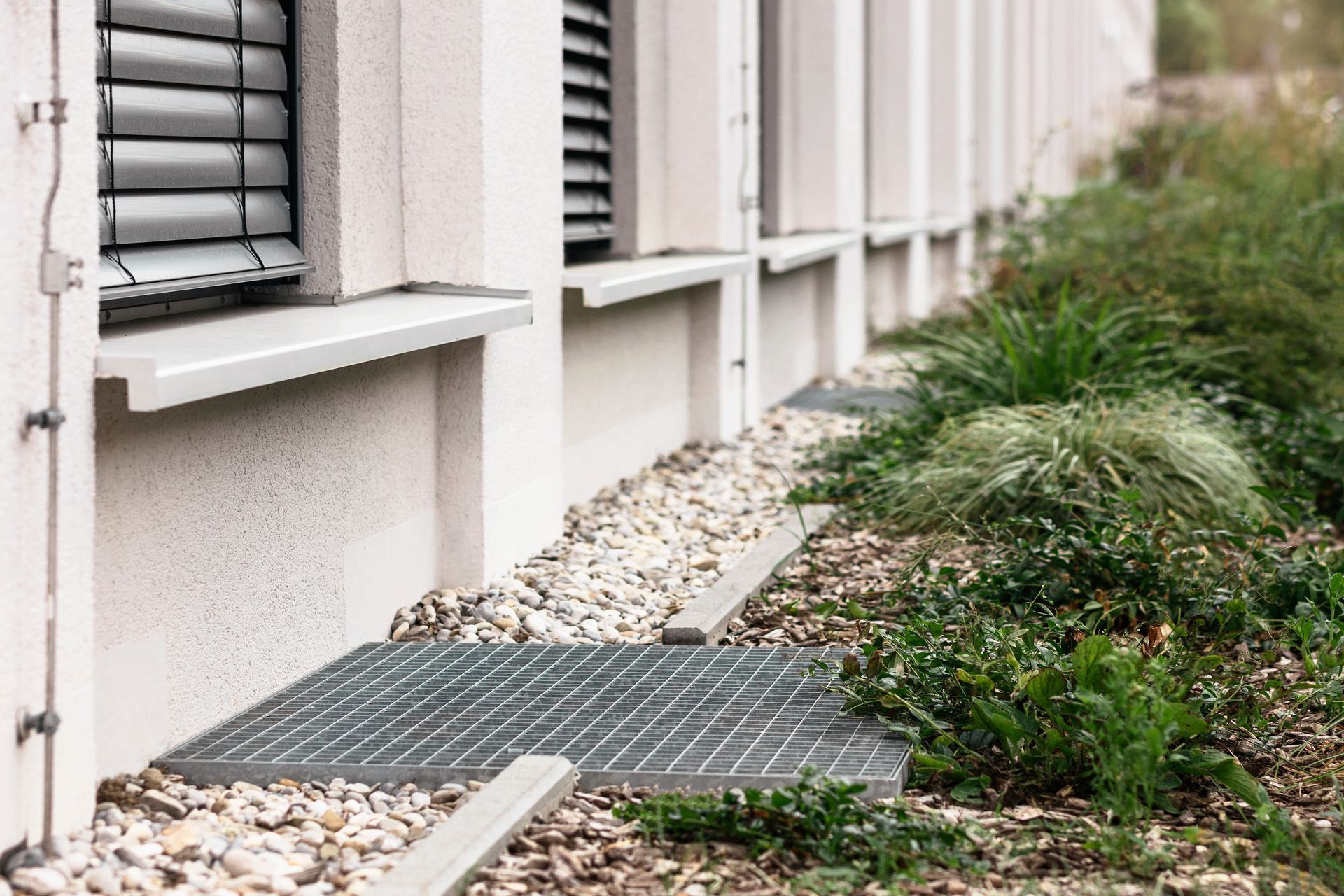
French drains are a simple, effective way to keep water away from your home’s foundation. Instead of letting water pool and cause trouble, these drains give it a new path to follow. Here’s how they work: a perforated pipe is placed in a trench filled with gravel. As water seeps into the trench, the gravel absorbs it and directs it into the pipe, which carries the water safely away from your property.
The magic is in the design:
- Gravel Bed: The gravel acts like a natural filter, drawing in water and keeping things clean.
- Perforated Pipe: The water flows into the pipe through small holes.
- Water Discharge: The pipe then moves the water to a safer spot, well away from your home.
This system doesn’t just manage water—it protects your home. By keeping water from collecting around your foundation, French drains help prevent mold, mildew, and even structural damage. It’s a simple fix that makes a big difference!
Benefits of French Drains for Your Basement
Installing a French drain can bring several advantages to your basement. One of the main benefits is the reduction of water pressure on your foundation. When water is allowed to pool near your home, it can seep into the basement, leading to dampness and potential damage. A French drain helps to alleviate this issue by channeling water away, keeping your basement drier and safer.
In addition to water management, French drains offer a cost-effective way to protect your home. They are relatively simple to install and require minimal maintenance compared to other waterproofing solutions. This long-term investment can prevent costly repairs down the line and preserve the overall integrity of your property.
Installation and Maintenance
Installing a French drain involves creating a trench around your property where water tends to accumulate. The trench is then lined with landscape fabric to prevent soil and debris from clogging the system. Next, a layer of gravel is added, followed by the placement of a perforated pipe. After covering the pipe with more gravel, the trench is filled with soil and can be landscaped to blend in with your yard.
Maintenance of French drains is straightforward. Regular inspections can help ensure that the system remains free of clogs and is functioning properly. If you notice any signs of water buildup or drainage issues, it may be necessary to clear out debris or refresh the gravel. Keeping the area around the drain free of heavy vegetation can also help prevent blockages and maintain optimal performance.
Key maintenance tips include:
- Regular Inspections: Check the drainage system periodically for any signs of blockage.
- Debris Removal: Clear away leaves, dirt, and other debris from the drain’s entrance.
- Landscape Management: Trim back any overgrown plants that could interfere with water flow.
These simple steps can ensure that your French drain continues to operate effectively for years to come.
Choosing a French Drain System for Your Basement
When deciding if a French drain system is right for your basement, several factors should be considered. The first step is to assess the current drainage situation around your foundation. If you have areas where water pools or see signs of moisture in the basement, a French drain might offer a practical solution. It’s also important to evaluate the layout of your property to determine the most effective placement for the system.
Professional guidance can be helpful during this process. Experienced contractors can assess your property, suggest the best location for the drain, and ensure proper installation. By working with experts, you can avoid common pitfalls and ensure that your waterproofing system is both efficient and durable. The right system will not only protect your basement but also add value to your home by preventing future water damage.
Secure Your Basement with French Drains
French drains provide an effective and straightforward solution for managing water around your basement. By directing water away from your foundation, they help prevent issues like dampness, mold, and structural damage. Whether you are dealing with persistent water problems or looking for a proactive way to protect your property, a French drain system can be a reliable investment.
Taking the time to understand how French drains work and the benefits they offer can help you decide if this waterproofing method is right for your basement. If you have questions or need expert advice on installing a French drain system, contact our team today!
Additional Services
Request Service
Questions? Contact Us
(413) 536-8023
-or-
Submit A Request
Home
We will get back to you as soon as possible.
Please try again later.
